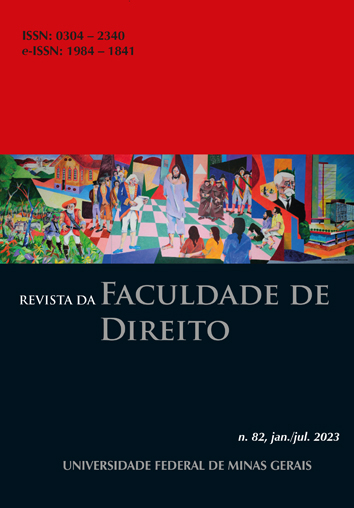DJIBOUTI V. FRANCE: REFLECTIONS ON THE JURISPRUDENTIAL CONTRIBUTIONS OF THE JUDGMENT - DOI:10.12818/P.0304-2340.2023v82p57
DOI:
https://doi.org/10.12818/P.0304-2340.2023v82p57Resumo
This commentary analyzes the International Court of Justice (ICJ)´s judgment in the Case concerning Certain Questions of Mutual Assistance in Criminal Matters (Djibouti v. France). It is a qualitative research done through bibliographical and documentary reviews. The thesis sustained is that the case presents relevant discussions of International Law on four key issues: (i) jurisdiction based on forum prorogatum; (ii) the relationship between general treaties and specific treaties; (iii) self-judging clauses and (iv) immunity of heads of States and immunity ratione materiae. It begins with an overview of Djibouti. Next, the main events and the decision are summarized. Lastly, it dives into critical legal discussions on the abovementioned issues. It concludes that the judgment presented a much more jurisprudential than practical scope and offered food for thought to the international legal debate. Regarding forum prorogatum it emphasizes that States must be cautious in formulating the terms of acceptance, or they might be surprised by ICJ. On the relationship between general and specific treaties, ICJ could have given more content on how a general treaty could serve as an interpretative guide. The ICJ revised the self-judging clause based on the principle of good faith but missed the opportunity of explaining the modus operandi of the good-faith principle. The ICJ reaffirmed the immunity of the heads of State and ruled that the criterion for verifying the occurrence of a breach was to be subject to a “constraining act of authority.” However, its application of such a criterion is open to criticism.



